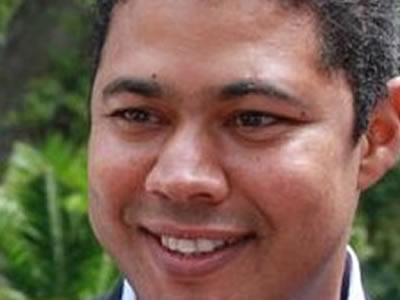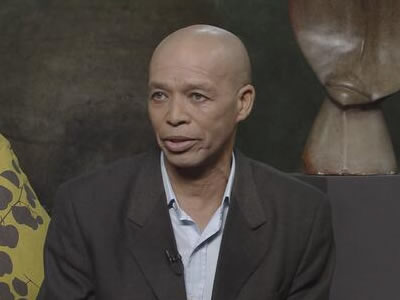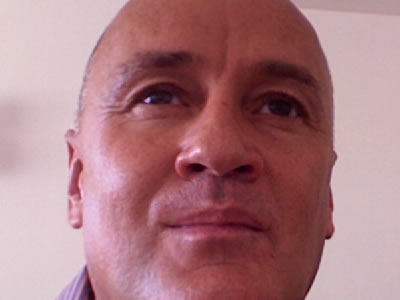Welcome to intelpraxis.org
Learn from life, learn from our people, learn from books, learn from the experience of others. Never stop learning.
– Amilcar Cabral
SCROLL DOWN
“As we look ahead into the next century, leaders will be those who empower others”
– Bill Gates
What is ACSIP?
The AFRICAN CENTRE FOR SECURITY AND INTELLIGENCE PRAXIS (ACSIP, with the legal name ‘The Centre for Intelligence Praxis Trust’) is a newly established centre for the advanced study of intelligence and security, within an African context.
We are independent, working in collaboration with the public and corporate sectors, international organizations, and thought leaders in the fields of Intelligence and Security. ACSIP builds on the work in analysis training and research conducted since 2007 by AFRICA-Analysis and ASPI, and provides short courses for professionals, policy and research studies and institutional capability development.
We also provide consultancy services to public, private and civil society organizations to strengthen analytical capacity and adapt to a changing and challenging international politico-security environment.
We are based in Cape Town but work across the globe, with recent projects in South Sudan, Ghana, Sri Lanka, the Maldives, Austria, Germany, and Kenya. Our team of principals are experienced and respected in their respective fields, which range from Democratic Governance, through to Peacekeeping, Foreign Policy, National Security, Intelligence Analysis and Security Sector Reform.
ACSIP is a highly regarded analytic training organisation, having trained hundreds of Intelligence, Political, Security and Humanitarian analysts in Geo-Political Analysis, Conflict Analysis, Strategic Intelligence and Operational Analytic techniques.
“A nation that gives up a little more security for a little more liberty will have neither and lose both.”
– Benjamin Franklin
The ACSIP Rationale

The organized civic sphere in South Africa is largely comprised of organizations, interest groups and individuals that are steeped in the values of conservative and liberal world-views. This applies to the media as well as advocacy, research and professional groupings in the private, business and civic spheres. The dominant discourse in the public domain is therefore essentially that of the old order dressed up in the veneer and language of democracy. The linkages of the key narratives to a Western discourse, is facilitated in this way; sustaining and extending its longevity. Hence any progressive political movement or Government will find itself maneuvered into a position of permanent defense – it will predictably come under constant attack and find itself pushed onto the defensive all the time. This is not only the case in the public political, economic and cultural discourse, but is also very visible in analytic products in South Africa.

The current global security and intelligence praxis is embedded in the dominant conservative and neo-liberal paradigms, the contemporary hegemonic nature of which makes its concepts, meanings and framing of issues, appear natural and uncontested. This maintains their position of discursive domination. A weak trend of heterodoxy, evident in the emergence of BRICS, the failures of Western Statecraft in the Middle East and the strain upon the European project, is however opening and the opportunities inherent in this trend need to be exploited and deepened.
Closer to home, we are in a complex transition to a democratic socio-political order. Our new and progressive democratic institutions are far ahead of the mores, values and political culture of its citizens – who remain tolerant but conservative in their outlook. This social conservatism is unsurprising given our past; but its endurance and resistance to change is not all due to the factors of history: the old order has retreated into the civic and private spheres from where many of these conservative values are kept alive.

This much discussed “paradigm-problem” in the South African socio-political, economic, intellectual, media and public communicative spheres, is particularly acute in the security and intelligence sectors. It is however equally acute in activitiesthat entail any form of analysis. It is frequently the case that analysts who do not share or understand the progressive set of values upon which the new democratic order was constructed, frame analyses of important political and economic matters.
Any political project concerned with a fundamental, complex transition such as ours that therefore neglects to invest in the building of its own paradigm and capabilities, will find itself very quickly on the defensive; on the retreat and eventually in paralysis. This may cause the transformation process to falter, lose momentum or stall. Stalled transformations or revolutions often precede the re-ascendancy of authoritarian and conservative forces in society. Defending and fostering the new progressive democratic institutions is a multi-dimensional task that must include ideological, intellectual and educational interventions. This task is essential if the social base for these universally acknowledged, progressive public institutions in South Africa is to be constructed successfully.
“Many of us are more capable than some of us. None of us are as capable as all of us”
– Tom Wilson
The ACSIP Team
The ACSIP Training Team consists of a small group of specialists supported by an administrative manager. The team is based in Cape Town, but conduct training anywhere in the RSA

David Africa
Executive Director
David Africa is the ACSIP Executive Director. He served in the ANC underground in the late 1980s and early 90s. David managed a successful counter-terrorism intelligence team in SAPS Crime Intelligence, headed the UN Security Analysis Information Unit in Iraq and managed the Humanitarian Intelligence Unit for Save the Children International in London. David also taught counter-terrorism at the Marshall Center in Germany and the Geneva Centre for Security Policy. Since 2007 he has managed our team, introducing several innovations including our series of analysis courses, our Social Stability Risk Monitor and the Strategic Landscape Analysis (SLA) analytic model.

Eldred de Klerk
Senior Policing and Community Conflict Specialist
Eldred de Klerk is the senior policing and community conflict specialist in ACSIP, and serves on the Ministerial Panel on implementing the Farlam Commission’s recommendations in the SAPS. Eldred has worked in conflict resolution and policing across Africa, as well as in Asia and Western Europe. He has also managed the information and reporting processes during the outbreaks of violence against foreign nationals and in the transport sector in the Western Cape government.

Andre Zaaiman
Director of Research and Innovation
Andre Zaaiman heads the ACSIP Research and Innovation Laboratory, a project to develop information-based technological or systems applications for use in the security arena. Andre has extensive intelligence and strategy experience, both within the liberation movement prior to 1994, and in government thereafter. He served in the Presidential Support Unit during the Mbeki presidency, where he worked on African and Middle East conflict. Andre’s most recent appointment in government was as Special Advisor to Minister Sisulu (2013-2014). Andre has developed the ACSIP modules on geo-strategic analysis and Hybrid Warfare.
Associate Trainers
During our courses, we engage specialist speakers who are academic or professional/technical experts in their respective fields. This includes former heads of Intelligence in SA, Academic Historians, Political Scientists, Research Methodologists and Foreign Policy Specialists.
“The most important thing in communication is hearing what isn’t said.”
– Peter Drucker
Contact the ACSIP Team
For our comprehensive training courses, workshops or to consult with any member of the executive team, feel free to contact us by using the details below or the contact form. We will be very happy to engage you.
Tel: +27 21 828 9390
Email: info @ intelpraxis . org

